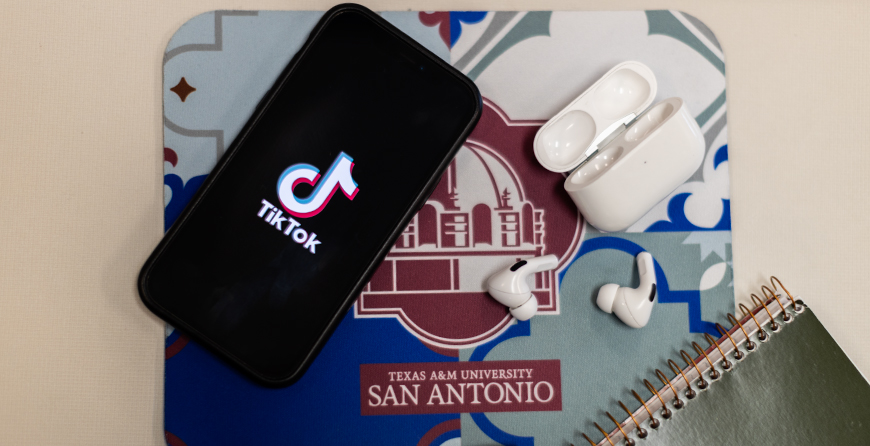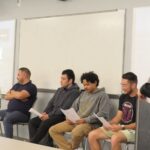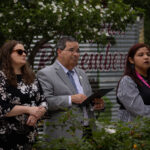Students at Texas A&M University-San Antonio are confused about the university’s decision to ban the video-sharing app TikTok from its network.
The crackdown throughout the A&M System came in the wake of Texas Gov. Greg Abbott’s Dec. 7 directive banning TikTok on all government-issued devices. They include cell phones, laptops, desktop computers and other devices capable of internet connectivity.
Abbott stated in a press release that the ban was to combat the growing threat of the Chinese Communist party gaining access to U.S. information and infrastructure. Tiktok was launched in 2016 by the Chinese technology company ByteDance.
A&M-San Antonio announced on Dec. 12 that any and all university-affiliated or branded TikTok accounts had to be deleted by Dec. 19.
On Jan. 18, Texas A&M University Chancellor John Sharp announced that effective immediately, all A&M system entities had to block TikTok from all campus networks.
Currently, TikTok cannot be accessed or installed on devices connected to any public campus network in Texas. The ban extends to personal devices as well as government-issued devices.
The app is accessible as long as the personal device is not connected to the university’s network.
Many students at A&M-San Antonio weren’t aware that TikTok was banned, until they were interviewed by reporters from The Mesquite.
Political science senior Kate Collazo found out about the ban during an interview on Feb. 20 and didn’t agree with the decision.
“It does not affect me in my day-to-day life,” Collazo said. “But I think it is a little absurd that they’re banning a social media platform.”
Others felt the decision was unnecessary and counterproductive to the growth of different programs and departments at A&M-San Antonio.
Andrea Ortiz, junior infielder for the A&M-San Antonio softball team, said a fairly new program like the university’s sports department should take advantage of social media promotion across all platforms.
“There are a lot of universities in other states that use their social media to promote their team,” Ortiz said. “I do think that takes away from us.”
Lanie Perez, College of Arts and Sciences senator with the Student Government Association, expressed the disappointment she felt when she heard the news about the ban. She said the government should focus on different issues.
“I think it’s dumb how TikTok is banned but like the restrictions of guns and that sort of stuff in this state… that’s more of an issue,” Perez said. “[TikTok] is a great way to build. It’s a great way to get news out, but no, [TikTok] is more dangerous than guns.”
Brandon Salazar, an event coordinator for the Campus Activities Board, said the exposure and promotion the app offered was invaluable and would be missed.
“It’s kind of annoying. We’ve built such a following on TikTok and outside in the community,” Salazar said. “So now we have to get those people to follow our Instagram pages. It’s kind of frustrating.”
Brance Arnold, the senior communications manager at A&M-San Antonio, said in an email that the university’s official stance was to follow [the A&M] system’s policy regarding TikTok and continue to comply with state law.
The links below have the latest information on Gov. Abbott’s security plan for the app and the latest news on the U.S. and Canada banning TikTok from federal devices and systems.
Latest news on TikTok policy for U.S. and Canada
Check out The Mesquite’s Instagram reel asking students about the ban!







